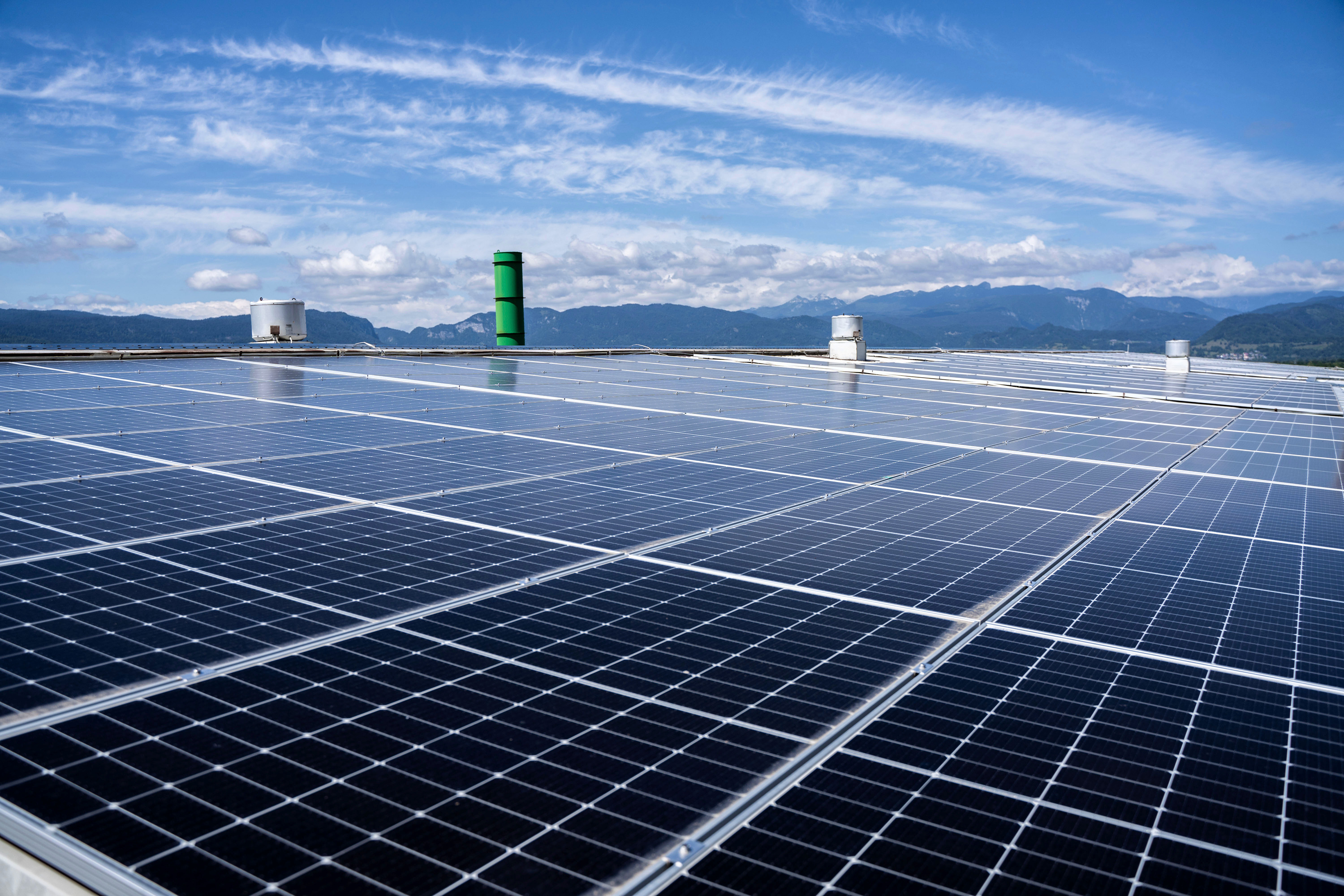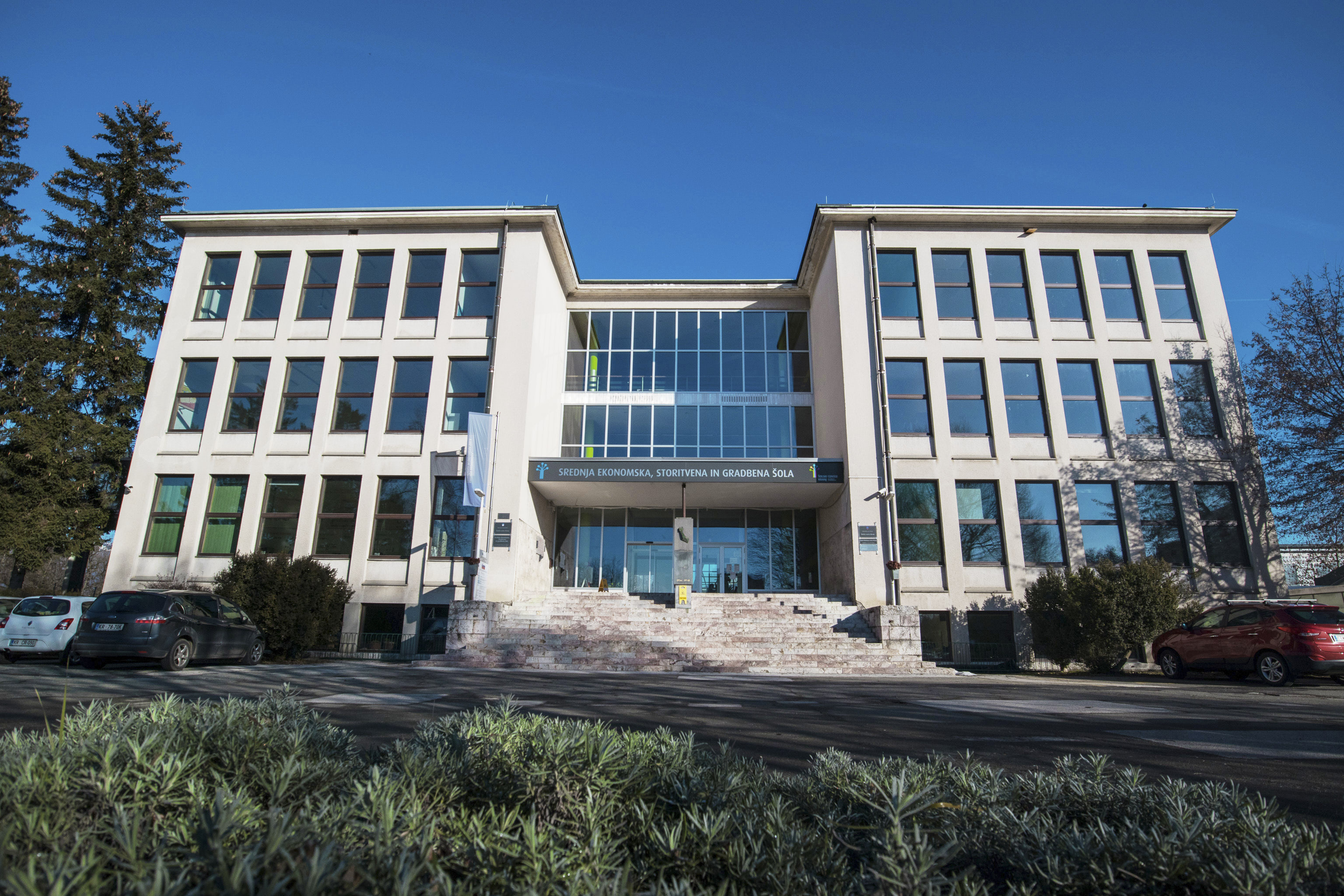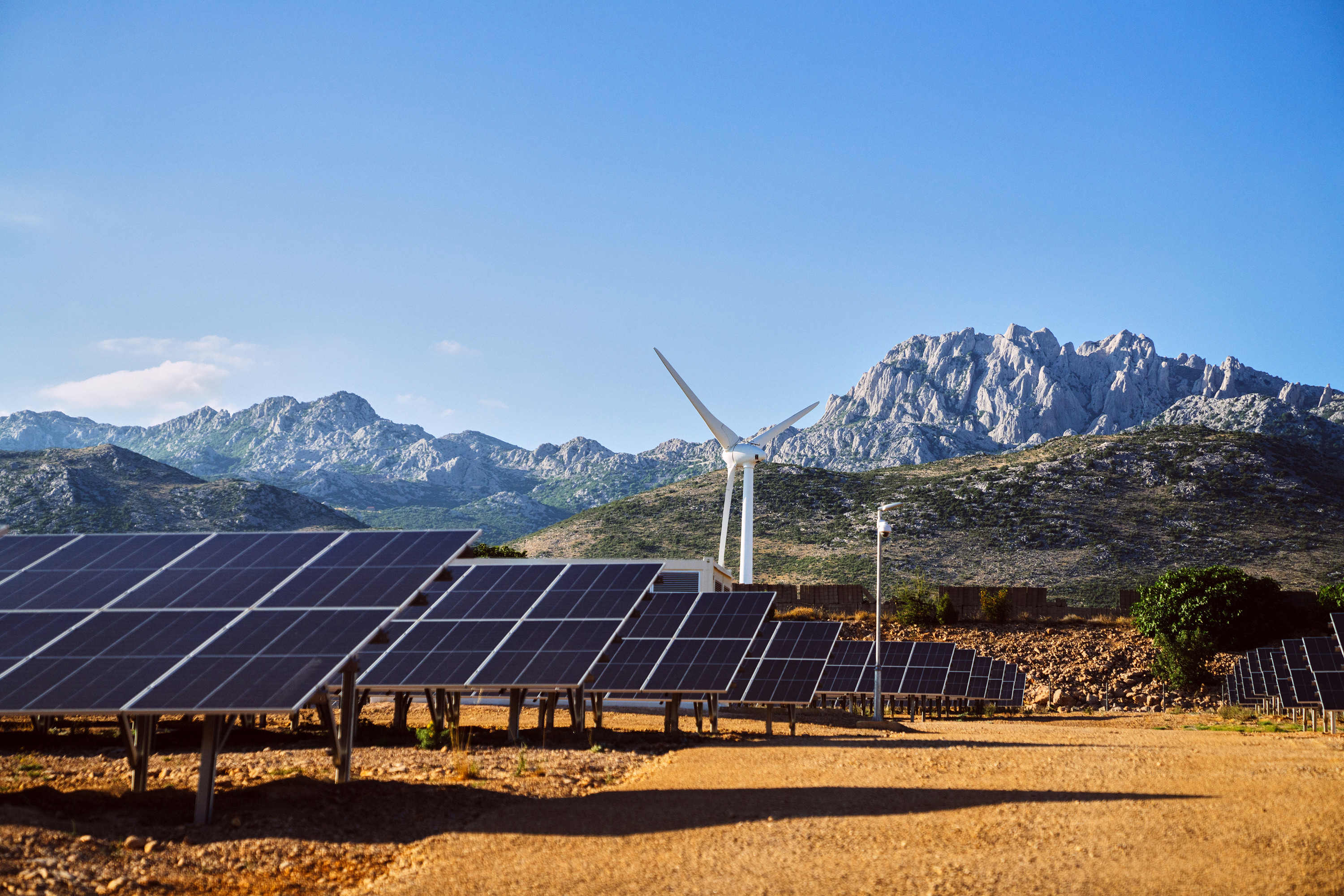Always in Motion
Always in motion
We are dedicated to supporting the SEE region in its green energy transition by operating, building, and investing in renewable energy technologies. Additionally, we play an active role in the trading and management of green energy.
Our goal is to develop projects and solutions that create added value for our partners and the market. In everything we do, we always act responsibly toward the environment and society which are at the core of our group’s sustainable orientation.
Areas of Expertise
Renewables
Investing, constructing and managing facilities for the production of energy from renewable sources
Energy Efficiency
Providing customized and reliable energy solutions for improving energy efficiency in companies and municipalities.
PPA
With Power Purchase Agreements (PPA) we establish a connection between producers and consumers of renewable energy.
TRADING
Short and long-term electricity trading on 18 wholesale markets in Central and Southeast Europe.
European markets
MW in operation and development
energy exchanges
implemented projects across the region
million euros until 2032
REGIONAL PRESENCE
Interenergo Group operates in 7 markets of Southeast Europe. With our headquarters in Ljubljana, Slovenia, we also have companies in Serbia, Croatia, Bosnia & Herzegovina, North Macedonia, Montenegro, and Kosovo. Due to our broad experience and in-depth understanding of market specifics, we can support our customers with a whole value chain of energy services and solutions and help them achieve the green transition.
Since 2009, Interenergo has been part of the Austrian Kelag Group, which celebrated its 100th anniversary in 2023. Long-standing tradition, stability, and expertise, together with more than 1.400 MW of total rated power of production units, make the Kelag group one of the leading energy companies in the field of Renewable energy sources in Europe.
News
WE PRESENT YOU OUR NEW INTERENERGO WEBSITE!
We are happy to announce the launch of the new Interenergo website!
CONTINUING THE DEVELOPMENT OF ENERGY-EFFICIENT PROJECTS IN SOUTHEAST EUROPE
The Serbian market was an important part of Interenergo's endeavors to enhance energy efficiency in the region in 2023.
ENERGY IN COEXISTENCE
In the last days of December, as we celebrate the approaching new year, the Interenergo team also takes time to reflect on the past.
Success Stories
INTERENERGO AND ELAN PARTNERING TOWARD A GREEN TRANSITION
Through a long-term partnership that began in 2018 with the renovation of lighting in one of the production halls, Interenergo and ELAN have completed eight energy-efficient projects to date.
Award for the Educational-Development Project
Interenergo has, in collaboration with the Secondary School of Economics, Services, and Construction of the Kranj School Center, successfully implemented the project "Foundations of a Green Future — Educating SESGŠ Kranj Students on efficient energy use.
Wind and solar synergy in Interenergo’s project in Croatia’s Jasenice
In the hinterland of the Adriatic shore, near the Croatian city of Zadar, Interenergo has executed a transformative project that stands as a testament to the company's technical expertise and commitment to sustainable energy solutions.
Join our Team
We help our region achieve the green energy transition. By investing, constructing, and operating the technologies that produce solely renewable energy, as well as by trading and managing the green energy.



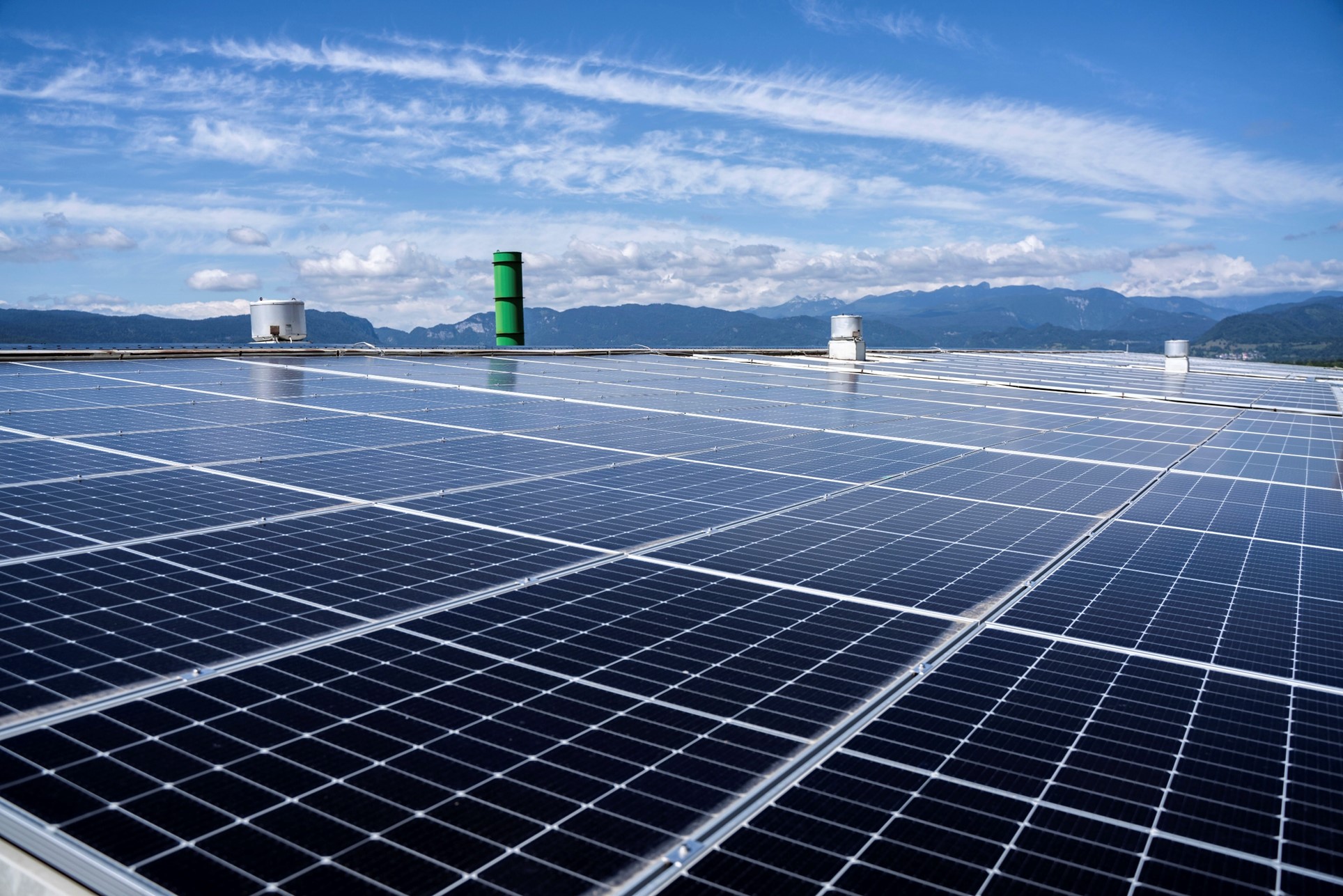


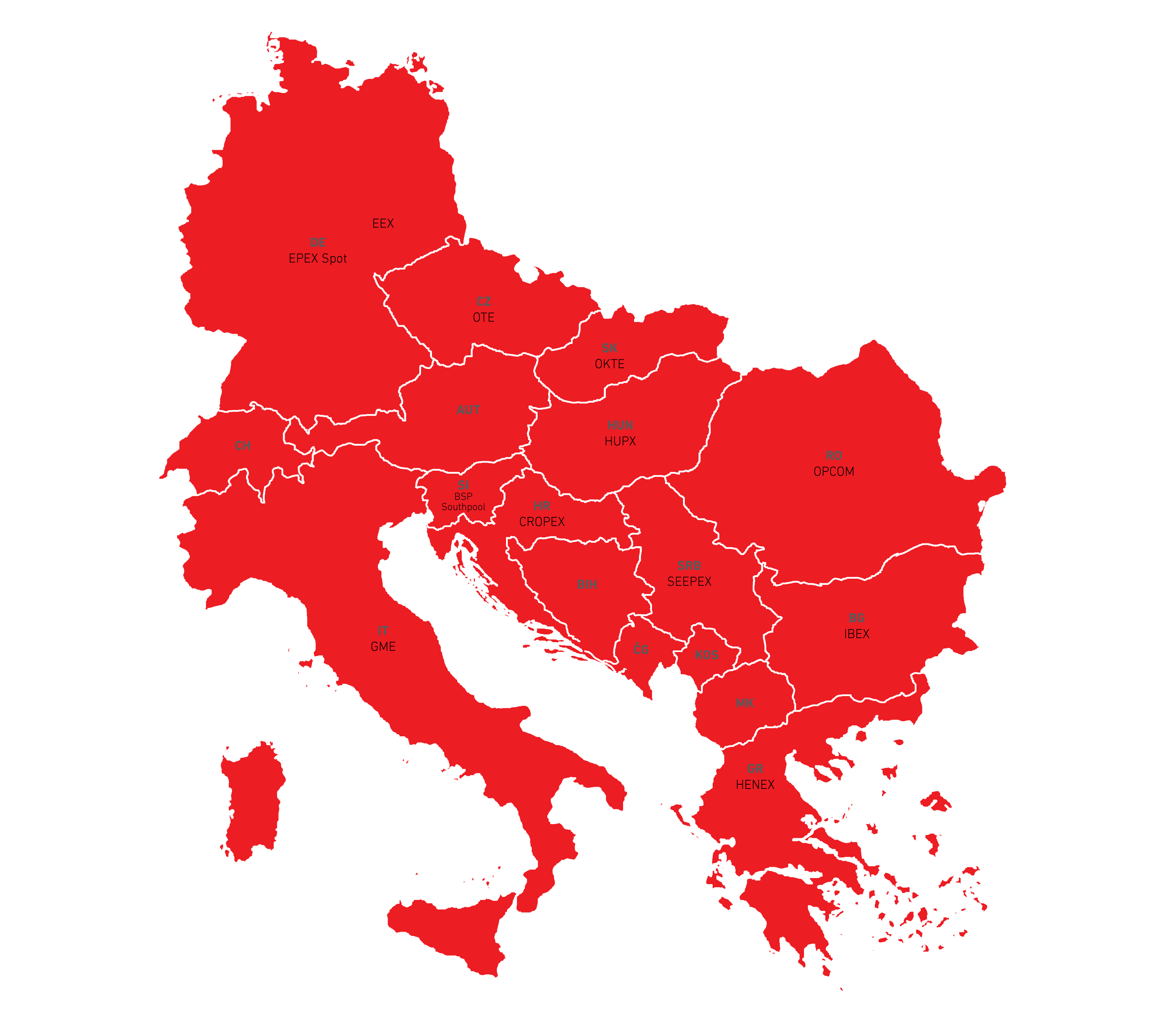
-YVsV7bMFRPfwHvRl7Cv6tWEKcvLh2zow3hAZUvTbppo.jpg)


